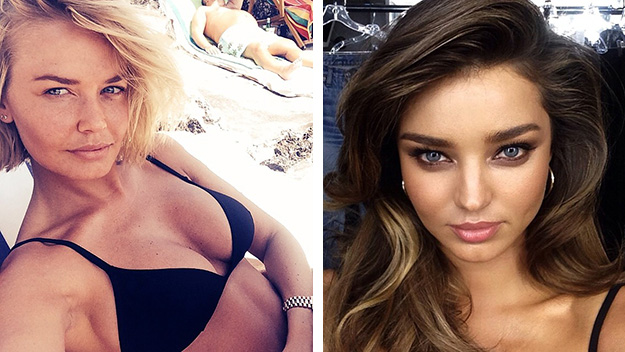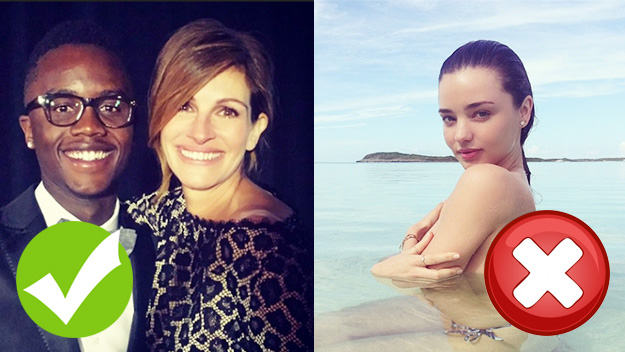Young women who post sexy photos on social media sites are regarded by their female peers as less physically and socially attractive and less competent to execute tasks, according to the study.
Elizabeth Daniels, a researcher at Oregon State University studied the effects of social media on a girl’s body image using a fake Facebook profile and found clear condemnation arises from sexy posts on social media.
“There is so much pressure on teen girls and young women to portray themselves as sexy, but sharing those sexy photos online may have more negative consequences than positive,” Daniels said.
Daniels described the findings as a “no-win” situation when it comes to posing provocatively. The assistant professor of psychology observed that the young women who post racy images may risk negative reaction from their female peers, but those who portray a modest online persona may lose out on social rewards, such as attention from the opposite sex.
“Social media is where the youth are,” said Daniels. “We need to understand what they’re doing online and how that affects their self-concept and their self-esteem.”
The study, titled The price of sexy: Viewers’ perceptions of a sexualised versus non-sexualized Facebook profile photo and published today in the journal Psychology of Popular Media Culture, took two mock Facebook profiles of a fictional 20-year-old girl named Amanda Johnson.
In both profiles Amanda had ‘liked’ the same interests that would be typical of her demographic such Lady Gaga and Twilight but the significant difference was the photos of real young women who agreed to let their images be used for the research.
One of images depicts “Amanda” in a low-cut red dress with a slit up the thigh and a visible garter belt while the other sees her casually dressed in jeans, shirt and a scarf draping her chest.
The profiles were then viewed by over 100 females, aged between 13-25, who were randomly shown one of Amanda’s profiles and asked to rank physical attractiveness, social attractiveness and task competence on a scale of 1-7.
The non-sexualised profile recorded higher scores across the board signifying that the wholesome Amanda was prettier, more likely to make a good friend and more capable to complete a task.
The largest variance was in the area of task competence which indicated a young woman’s presumed capabilities diminished with the presence of sexy online photos.
.jpg)
Lara and Miranda are also big fans of the sexy “elsie” i.e. sexy picture taken by someone else.
Researchers say young women need to understand that there can be long-term consequences to their online posts.
“We really need to help youth understand this is a very public forum,” said Daniels.
Another salient takeaway of the study is the attitudes and gender roles women hold for each other and the conversations we need to have in order to get ahead.
“Why is it we focus so heavily on girls’ appearances?” said Daniels. “What does this tell us about gender? Those conversations should be part of everyday life.”


.jpg)